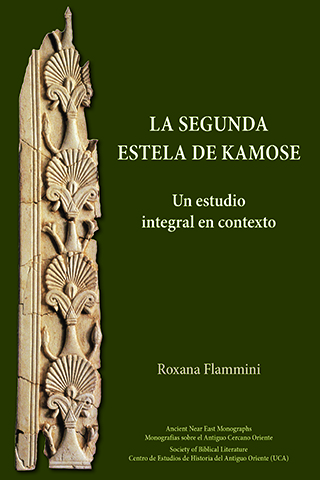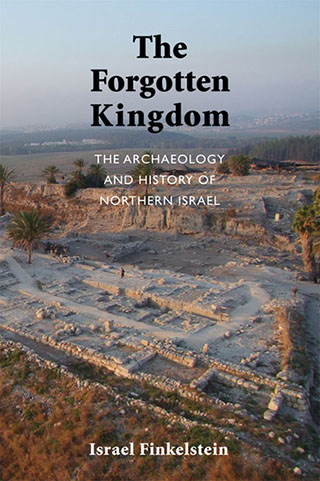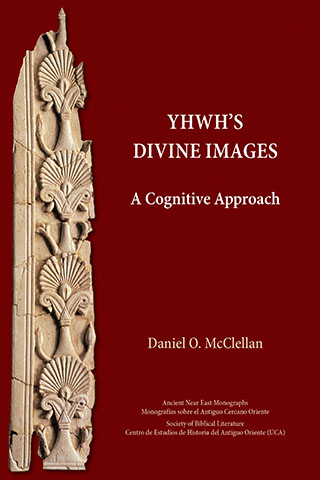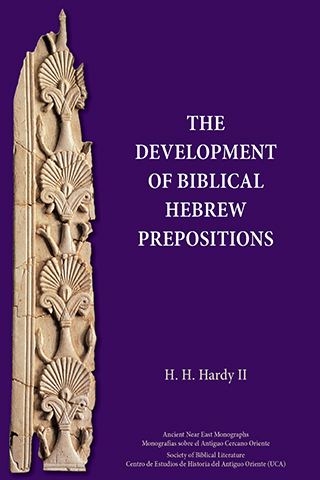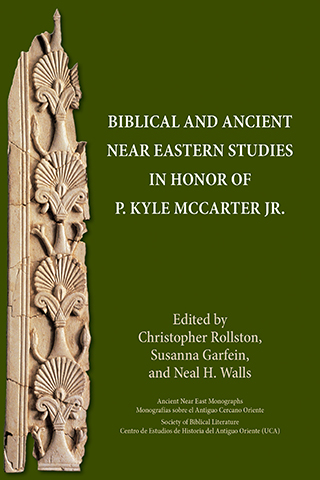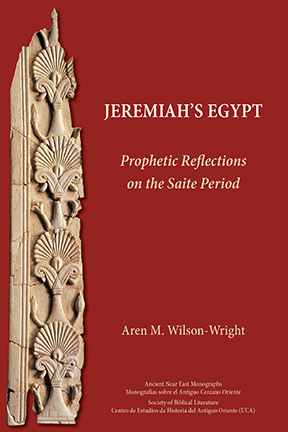Description
En este libro—el primero en su tipo en español—Roxana Flammini presenta un nuevo estudio de La Segunda Estela de Kamose, la cual fue hallada a mediados del siglo XX en la base de un coloso de Ramsés II en el templo de Amón en Karnak. La estela conserva una de las narrativas más significativas sobre las disputas entre los gobernantes de Tebas y de Avaris a fines del Segundo Periodo Intermedio (ca. 1550 a.C.), narrada desde la perspectiva tebana. Sin embargo, como muestra este estudio, su relevancia no se agota en ello ya que la estelaes pasible de ser analizad en varias dimensiones: desde el soporte físico y sus posibles emplazamientos y desplazamientos dentro del templo hasta las interacciones que distintos actores tuvieron con el monumento a través del tiempo. Además, Flammini incorpora nuevas perspectivas sobre la escritura egipcia, poniendo el énfasis sobre la iconicidad de los jeroglíficos y de qué manera a través de ellos los escribas eran capaces de transmitir ideas, conceptualizaciones, definiciones y representaciones.
Roxana Flammini es una historiadora especializada en Egiptología. Es investigadora del CONICET y profesora en la Universidad de Luján. Fundó el Centro de Estudios de Historia del Antiguo Oriente (CEHAO) y la revista Antiguo Oriente en la Universidad Católica Argentina. Flammini es autora de numerosas publicaciones académicas, entre las que destacan estudios sobre el Reino Medio y el Segundo Periodo Intermedio, los vínculos interregionales en el Bronce Medio y las estelas monumentales halladas en el templo de Karnak como fuentes históricas y políticas.
English Summary
In this book—the first of its kind in Spanish—Roxana Flammini presents a new study of the Second Stela of Kamose, which was found in the mid-twentieth century in the temple of Amun at Karnak. The stela preserves the Theban perspective on one of the most significant narratives about the disputes between the rulers of Thebes and Avaris at the end of the Second Intermediate Period (ca. 1550 BCE). However, its relevance does not end there. Flammini analyzes the stela’s physical support and its possible locations and movements within the temple as well as the interactions that different actors had with it over time. Furthermore, Flammini incorporates new perspectives on Egyptian writing, emphasizing the iconicity of hieroglyphs and how scribes were able to transmit ideas, conceptualizations, definitions, and representations through them.
Roxana Flammini is a historian specializing in Egyptology. She is a researcher at CONICET and a professor at the University of Luján. She founded the Center for Studies of the History of the Ancient East (CEHAO) and the journal Antiguo Oriente at the Catholic University of Argentina. Flammini is the author of numerous academic publications, including studies on the Middle Kingdom and the Second Intermediate Period, interregional links during the Bronze Age, and commemorative monumental stelae discovered ar the temple of Karnak as historical and political sources.
Preview

